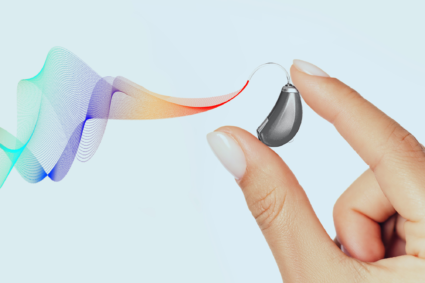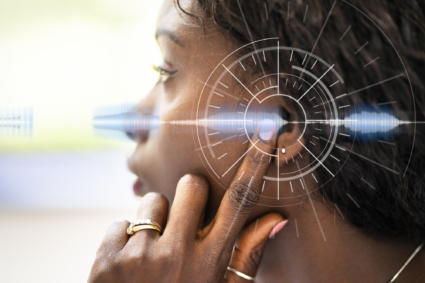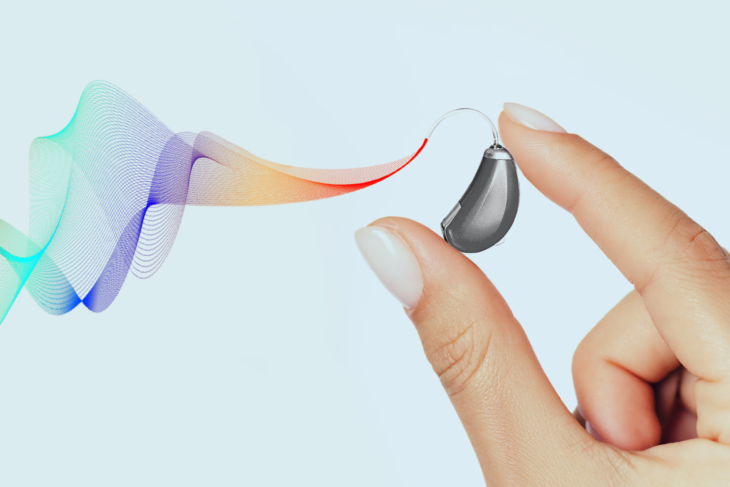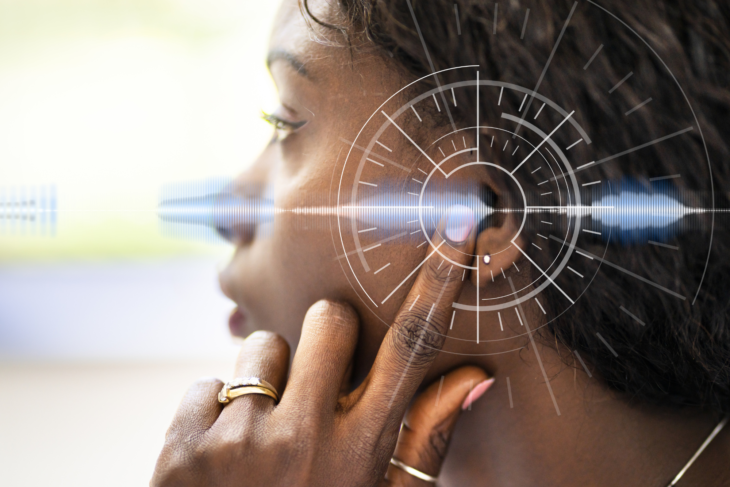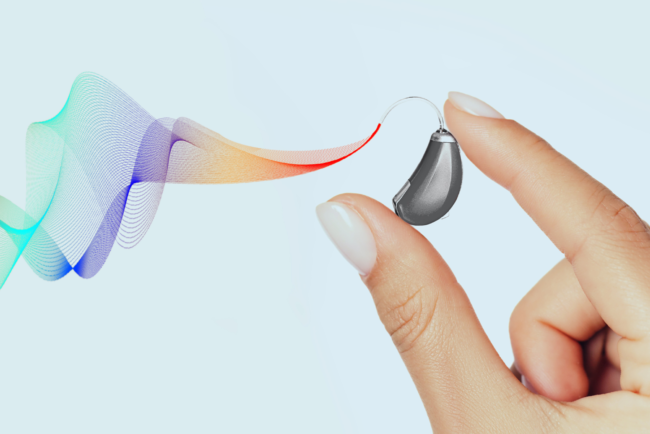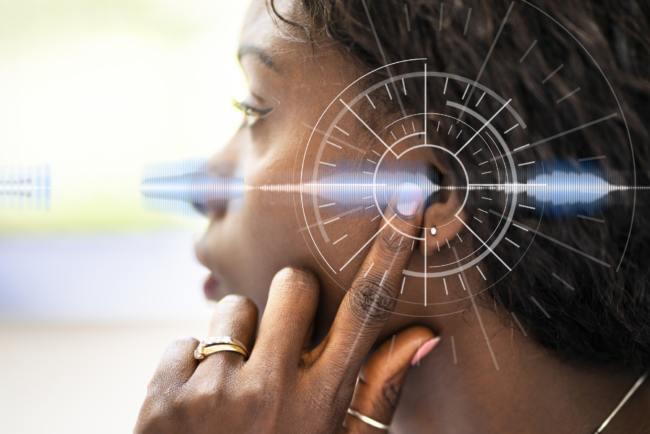[ad_1]
From Procrastination to Progress: The Importance of Timely Hearing Aid Fitting
Hearing loss is a prevalent condition that affects millions of people worldwide. It can significantly impact an individual’s quality of life, leading to communication difficulties, social isolation, and even mental health issues. However, many individuals hesitate to seek help or delay the process of acquiring hearing aids. This procrastination may seem harmless at first, but the impact on their overall well-being can be substantial. Timely hearing aid fitting is crucial for maximizing the benefits of this technology and ensuring a better quality of life.
One of the primary reasons for the procrastination in getting hearing aids is the stigma attached to wearing them. Many individuals associate hearing aids with old age and perceive them as a sign of weakness. Consequently, they avoid addressing their hearing loss, even though it might be causing them significant difficulties in various aspects of life. However, it is important to remember that hearing loss can affect anyone, regardless of age or occupation. Embracing the use of hearing aids demonstrates a proactive commitment to one’s health and well-being.
Another reason for putting off hearing aid fitting is the fear of the unknown. Many people are apprehensive about how hearing aids will look, feel, or perform. They worry about the adjustment period and whether they will be able to adapt to wearing them. However, advancements in technology have revolutionized hearing aids, making them smaller, more discreet, and highly effective. Modern hearing aids are also designed to provide a natural sound experience, with features like noise reduction, digital signal processing, and Bluetooth connectivity, enabling users to connect wirelessly to smartphones, TVs, and other devices.
Timely hearing aid fitting is essential because it allows individuals to regain their ability to communicate effectively and participate actively in daily activities. Hearing loss can lead to social withdrawal as individuals struggle to understand conversations or miss out on important cues, impacting their relationships and overall happiness. By addressing hearing loss promptly, individuals can regain a sense of connectivity and engagement with their loved ones, colleagues, and the community.
Moreover, untreated hearing loss has been linked to cognitive decline and increased risk of developing conditions such as dementia. A study conducted by Johns Hopkins University found that seniors with hearing loss experienced a significantly faster decline in cognitive abilities compared to those without hearing loss. By addressing hearing loss early on with the fitting of hearing aids, individuals can potentially minimize the risks associated with cognitive decline and maintain their mental acuity and independence.
In addition to the immediate benefits mentioned above, timely hearing aid fitting can also have financial advantages. Delaying the acquisition of hearing aids can lead to more severe hearing loss, which may require more expensive treatment options in the long run. By addressing hearing loss early, individuals can prevent further damage and the need for additional interventions down the line.
In conclusion, procrastination in seeking timely hearing aid fitting can have significant consequences on an individual’s well-being. Hearing loss affects various aspects of life, from communication to cognition, and can lead to social isolation and mental health issues. By embracing the use of hearing aids, individuals can regain their ability to engage with the world around them, improve their relationships, and maintain their cognitive abilities. Timely hearing aid fitting is crucial for maximizing the benefits of this technology and ensuring a better quality of life. So, if you or a loved one is experiencing hearing loss, don’t procrastinate on seeking the help of a hearing healthcare professional. Take that first step towards progress and reclaim your hearing health today.
[ad_2]




